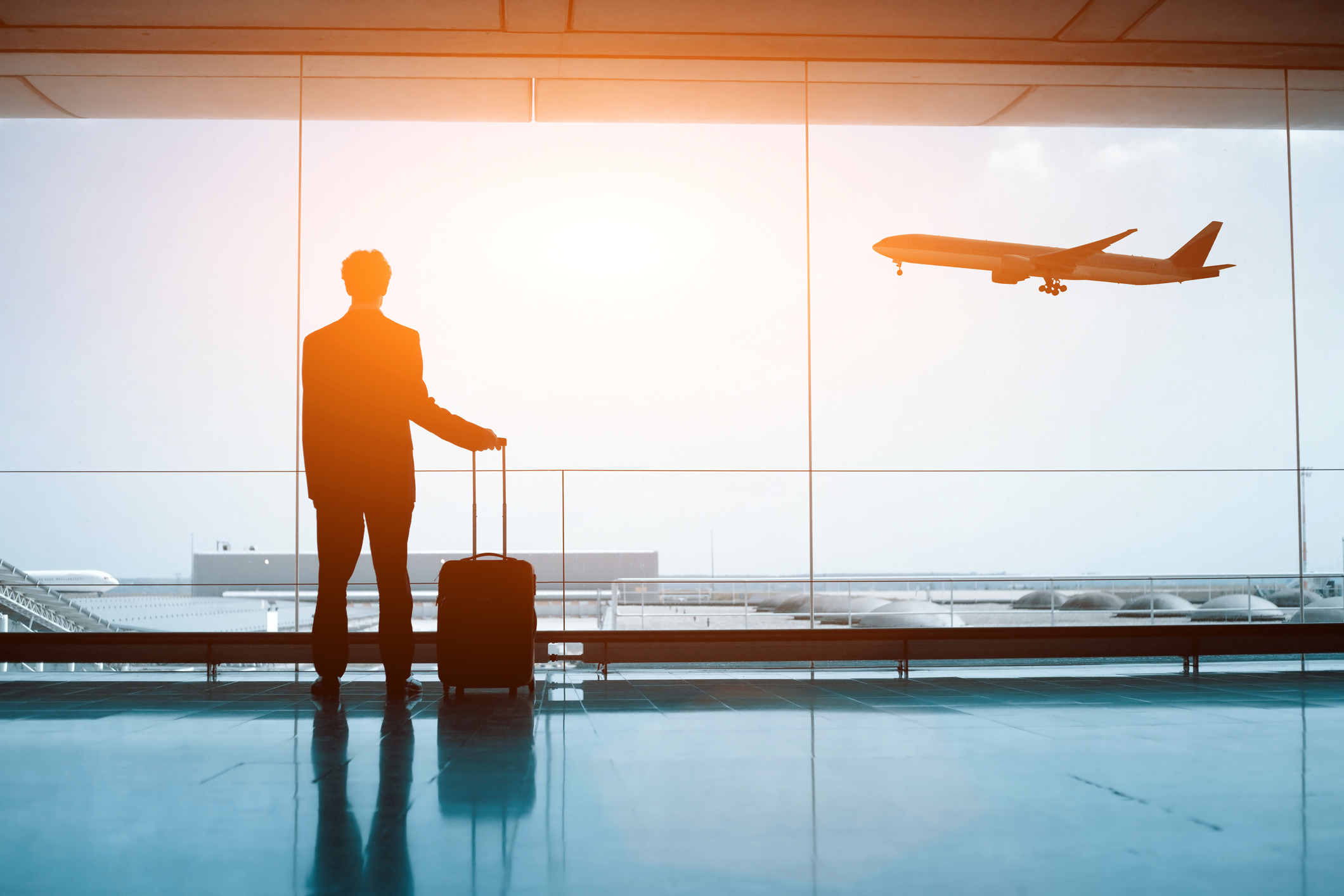Sweden will abolish its aviation tax from July 1, 2025. Under the tax, which was introduced in 2018, passengers departing from Swedish airports were charged based on the destination. Aircraft with 10 or less seating capacity were exempt.
The move was made to boost the competitiveness of airlines. Under tax rules, passengers could pay an additional $7.4 to $49 on top of their tickets.
The International Air Transport Association (IATA) welcomed the tax abolishment. It claimed the tax had dragged on Sweden's economic competitiveness whilst making ""no positive environmental impact"", it read in a statement.
""Better air connectivity boosts the productive capacity of the economy, leading to stronger tax revenues in the long term. Sweden’s post-pandemic aviation recovery has notably lagged its neighbours, a problem made worse with the tax,"" said IATA regional vice president for Europe Rafael Schvartzman. ""And the number of routes had still not rebounded to 2019 levels by the end of 2023.""
With net zero goals ahead for 2050, the tax was seen as a potential solution to sustainability. IATA said the removal of the tax ""confirms that aviation taxation is not a solution"" to ESG targets.
Schvartzman continued: ""The removal of this tax shows the Swedish government is serious about restoring access to air travel for all its citizens across the whole country, and will give a strong positive economic signal for investors.""
IATA further claimed the tax proceeds were not being used in ""vital environmental solutions"" such as sustainable aviation fuels (SAF), while also being ineffective in reducing demand.
""Aviation must get to net-zero CO2 by 2050,"" explained Schvartzman. ""That is non-negotiable. But that will not be achieved by pricing people off planes. The solution is to invest in sustainable aviation fuels and other technologies.""
Sweden to end aviation tax in summer next year

